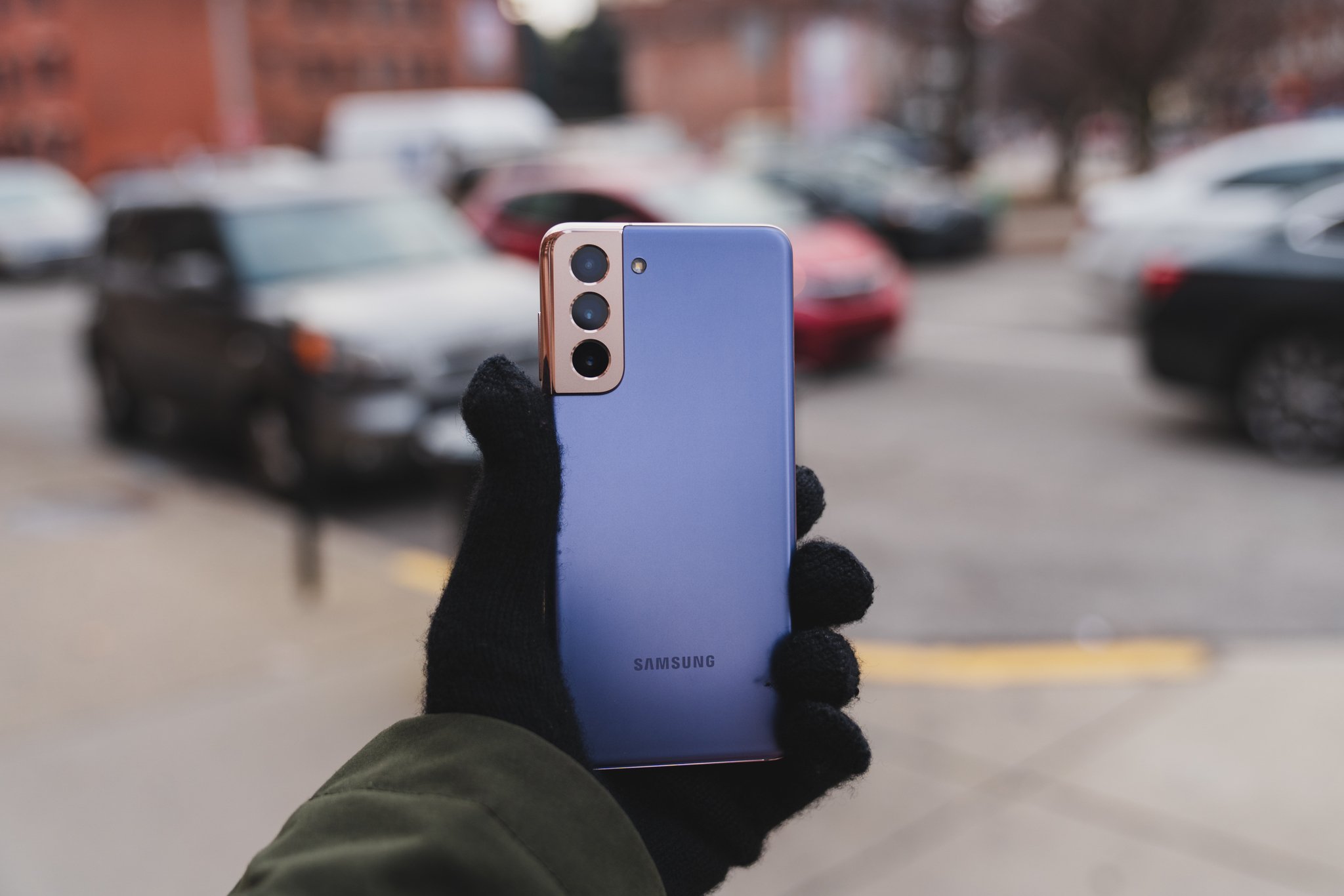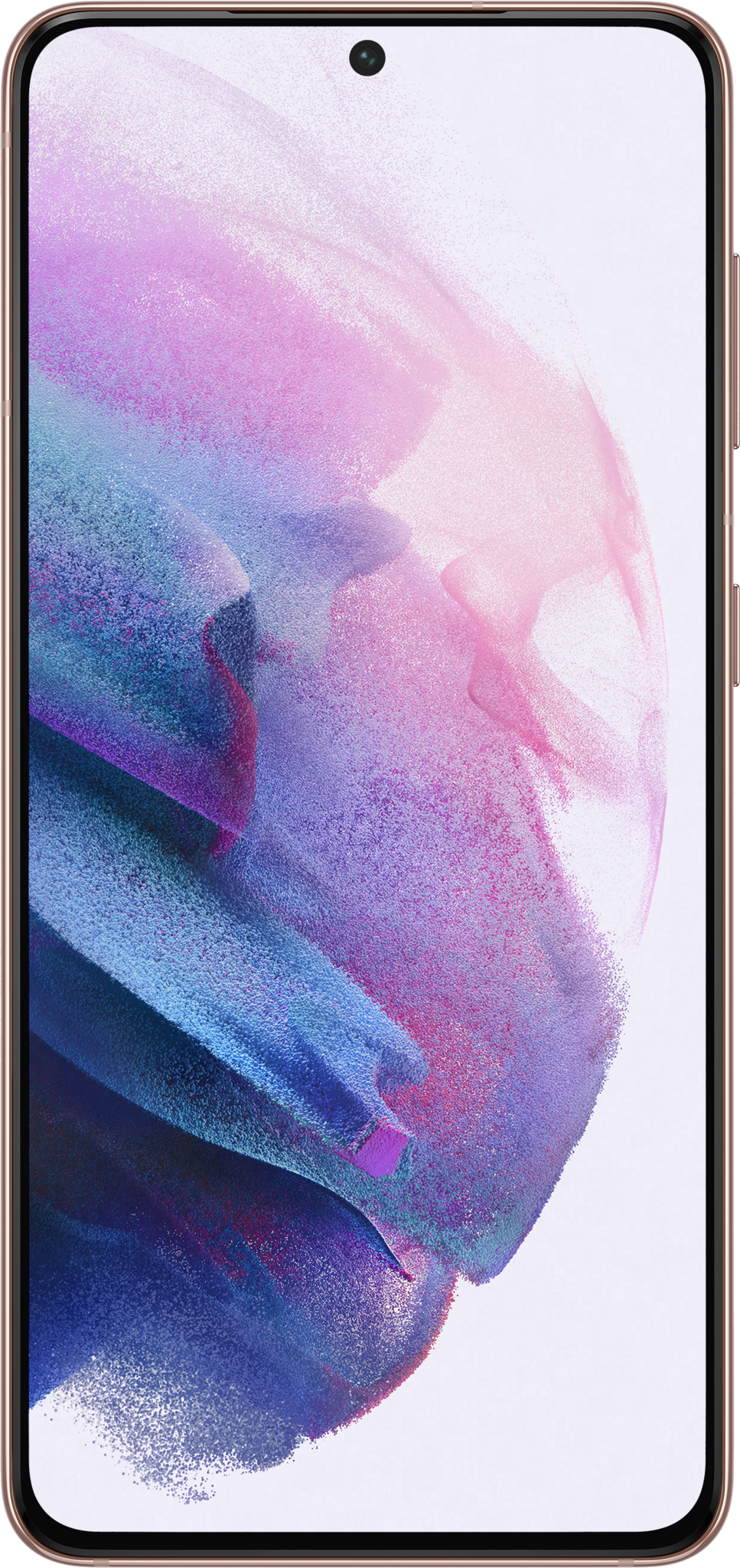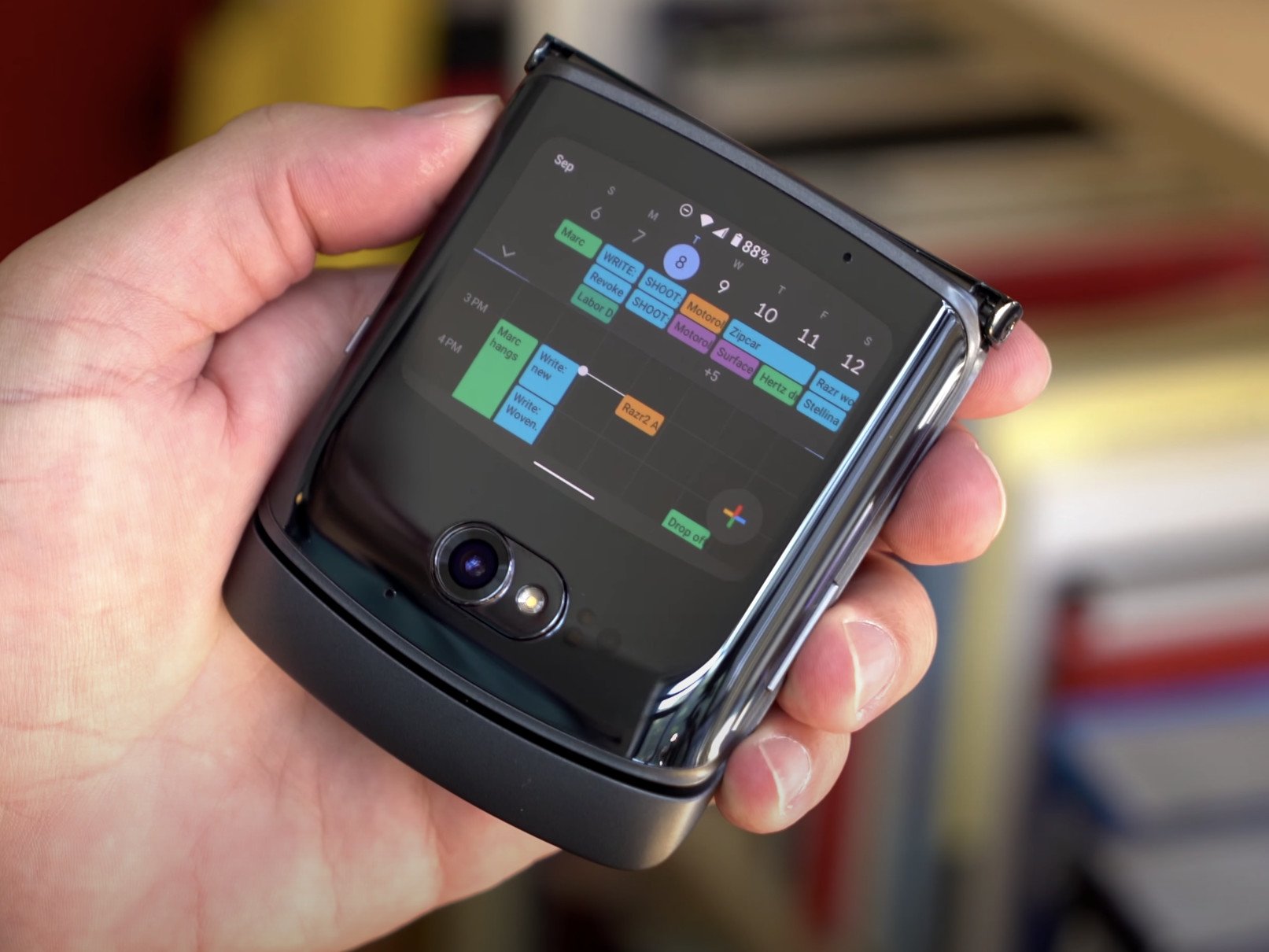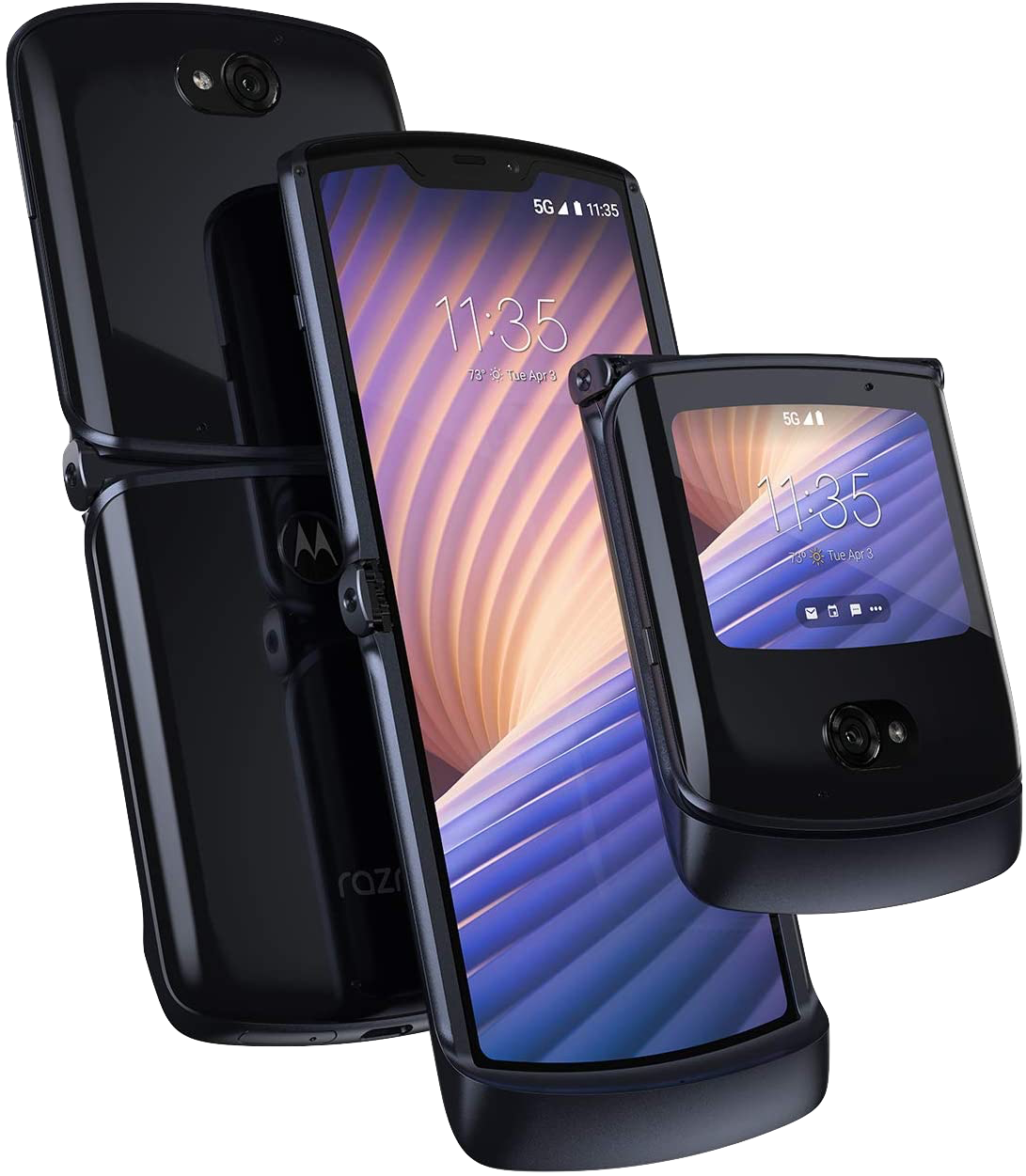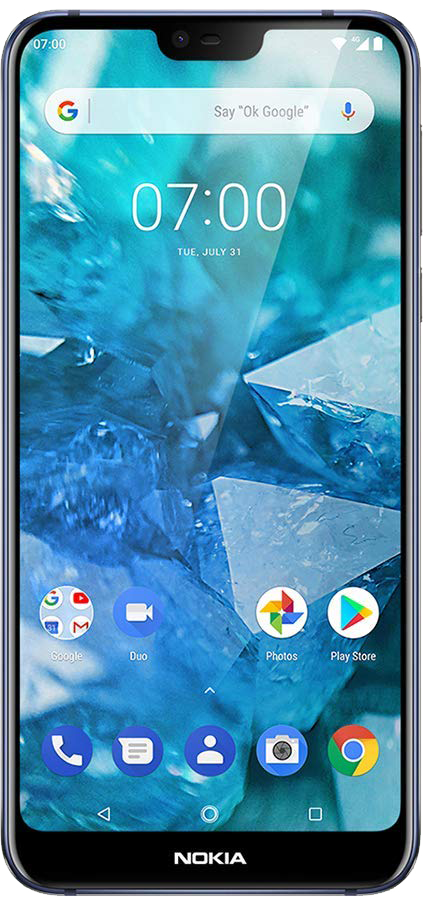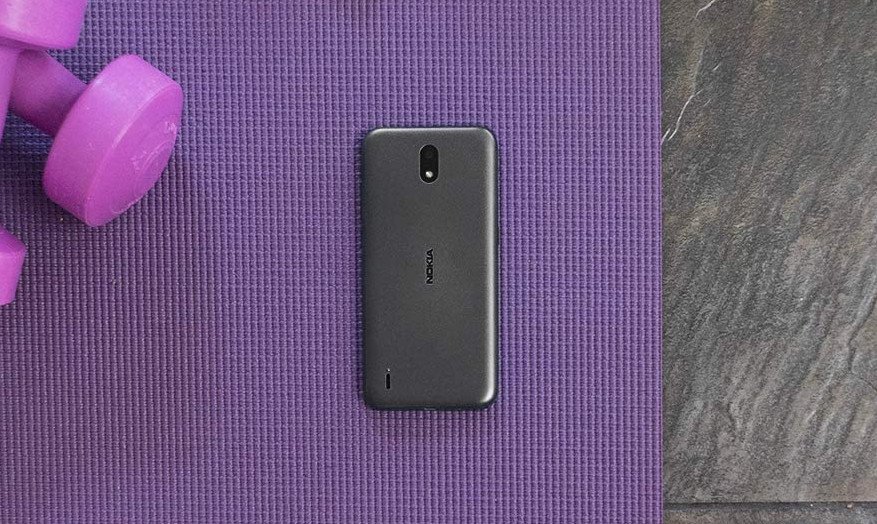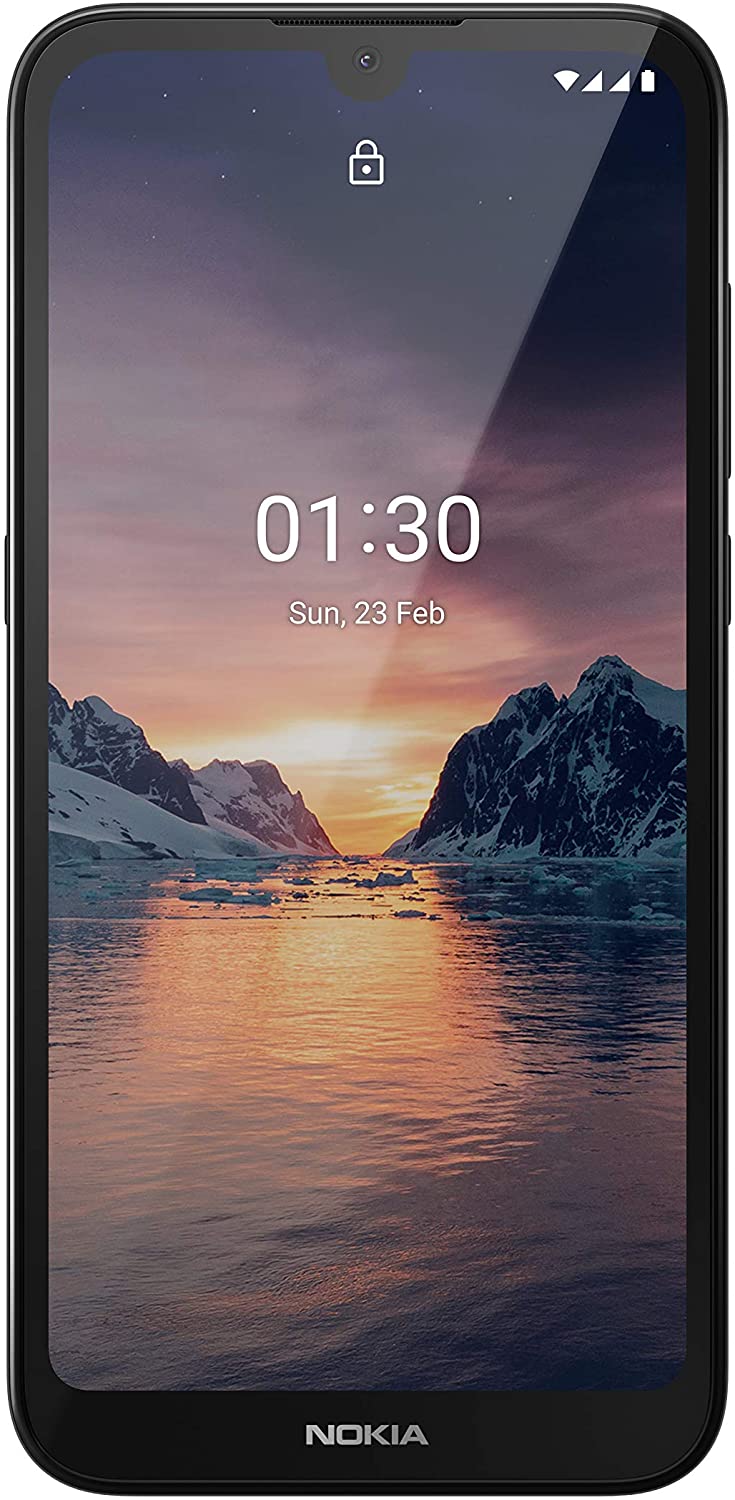- Get link
- X
- Other Apps
- Get link
- X
- Other Apps
In just a few short years, big phones have gone from being an outlier to the norm in the smartphone industry. Just about every major device that's released these days has a larger physical size, and while that's great for watching movies and playing games, it can be a challenge for those of us that prefer our phones to be small and compact. Thankfully, there are still plenty of options out there — including the Google Pixel 4a as our top overall pick. If you're looking eagerly at that iPhone 12 mini but don't want to switch over to iOS, these are the best small Android phones you can buy.
Best Overall: Google Pixel 4a
Regardless of size, the Pixel 4a is just one of the best Android phones you can buy right now. It isn't the most technically impressive handset on the market, but the value on offer is tremendous.
As you'd expect from any Pixel, the Pixel 4a takes incredible photos. Whether you're shooting in broad daylight or trying to take a picture of the night sky using the Astrophotography Mode, the Pixel 4a delivers the goods. Images are crisp, full of color, and consistently look nothing short of amazing. You get these great results basically every time you press the shutter button, and that reliability isn't something always found on much more expensive devices.
Outside of its camera, the Pixel 4a doesn't skimp out in any other regard. The 5.8-inch display strikes a near-perfect balance of being big enough for enjoyable content consumption while still being manageable in one hand, and thanks to an OLED panel with a Full HD+ resolution, everything you do on it looks really good. You can also look forward to snappy performance from the Snapdragon 730 processor, all-day battery life, and ample storage (128GB, to be exact).
Pros:
- Takes gorgeous photos
- Good performance
- Has a headphone jack
- Clean and up-to-date software
- Works with all U.S. carriers
Cons:
- No expandable storage
- Boring design
Best Overall
Google Pixel 4a
Small phone champ
With an excellent balance of specs, features, and price, the Pixel 4a stands out as the best small phone you can buy.
Best Upgrade: Google Pixel 5
There's no denying the value of the Pixel 4a, but if you're yearning for something a bit more premium, the Pixel 5 is an exceptional upgrade. It has everything that makes the Pixel 4a great, along with a few key improvements that make the experience even better.
Starting first with the display, the Pixel 5 keeps the Full HD+ OLED setup and adds a 90Hz refresh rate to the mix. Pair that with the faster Snapdragon 765G processor, and the Pixel 5 sees a nice speed boost. The screen is slightly larger at 6 inches, but when you factor in the Pixel 5's smaller bezels all around, it ends up having a similar footprint to the Pixel 4a.
Also included on the Pixel 5 is a 16MP ultra-wide camera, in addition to the same 12.2MP primary sensor from the 4a. It isn't the very best ultra-wide camera we've ever used, but it still allows for expanded shooting possibilities that you just can't get on a phone without an ultra-wide option. Throw in smaller perks like IP68 dust/water resistance and wireless charging, and the Pixel 5 gives you a lot for its asking price.
Pros:
- 90Hz OLED screen
- Faster Snapdragon 765G processor
- Dual rear cameras
- IP68 dust/water resistance
- Wireless charging
Cons:
- Only one storage option
- More expensive
Best Upgrade
Google Pixel 5
Treat yourself to something nice
With a 90Hz screen, ultra-wide camera, and faster processor, the Pixel 5 is the small flagship you're looking for.
Best Flagship: Samsung Galaxy S21
Samsung's return to truly small phones with the Galaxy S10e back in 2019 was a breath of fresh air, and since then, we've yet to get a proper successor. While the Galaxy S21 may not be quite as small as some people were hoping for, this is still a seriously great package that you don't want to overlook.
In regards to size, the S21 is packing a 6.2-inch display. That might sound intimidating on paper, but in real-world use, it's extremely comfortable to use. With tight bezels, a flat display, and a lightweight design thanks to the plastic back, the Galaxy S21 is one of the most user-friendly flagships we're bound to see in 2021. The display itself is also top-notch, featuring an AMOLED panel, Full HD+ resolution, and 120Hz refresh rate for buttery smooth animations.
Qualcomm's latest Snapdragon 888 chipset is at the heart of the S21, and as you'd expect, this allows for some of the best performance currently available in a smartphone (in addition to sub-6 and mmWave 5G support). There's also 8GB of RAM and your choice of 128 or 256GB of internal storage. The triple-camera system is basically unchanged from last year's Galaxy S20, but to be perfectly honest, that's not a bad thing. Between the 12MP primary camera, 12MP ultra-wide camera, and 64MP telephoto camera, you'll be able to take some really nice shots with the S21.
The biggest downside to the S21 is, unfortunately, battery life. It's far from unusable, but if you're rocking the 120Hz refresh rate and have an active 5G connection, don't expect to make it through more than one day of use.
Pros:
- 120Hz AMOLED display is incredible
- Amazing performance with Snapdragon 888
- Great triple-camera system
- Android 11 with One UI 3.1 interface
- Promised three years of software updates
Cons:
- So-so battery
- Larger than other phones on the list
Best Flagship
Samsung Galaxy S21
Samsung's small(er) flagship
The Galaxy S21 isn't the tinniest phone you can get in 2021, but if you're after a true flagship experience, it's a great buy.
Best Foldable: Motorola RAZR 5G
Folding smartphones have gone from being a pipe dream to a reality, taking on a few different shapes and sizes. In the case of the Motorola RAZR (2020), Motorola has taken the iconic RAZR design, turned it into a foldable Android phone, and the end result is actually pretty fantastic for fans of small devices.
When you open the RAZR 5G up, you're treated to a 6.2-inch OLED display that looks a lot like any other smartphone. It's not the smallest package in the world, but it's still pretty easy to use in most situations. Whether you're watching a YouTube video, replying to emails, or playing games, the RAZR 5G in this form is a very familiar experience.
Where things get really exciting — and why the RAZR 5G is on this list in the first place — is because you can close the phone in half and make it incredibly tiny. This allows the RAZR 5G to be one of the most pocketable phones currently on the market. Even when it's closed like this, you can actually still use it for just about anything. Motorola allows you to run any app you want on the 2.7-inch outer display, so whether it be scrolling through Twitter, taking a phone call, paying with Google Pay, or anything else in between, you're getting a fully-featured smartphone experience without ever having to open the RAZR up. You'll obviously want to take advantage of the inner screen for tasks that require a larger/more traditional canvas, but having the option to use the outer screen like this is incredible.
As for the specs powering the RAZR 5G, there's a lot on offer. At the heart of the phone is the Snapdragon 765G and 8GB of RAM, allowing for fast and smooth experience. There's also 256GB of built-in storage so you can store all of your digital files with ease. Battery life and camera performance are very average, and compared to everything else, definitely the weakest links of this package.
Assuming you're alright with that and can stomach the steep price, the Motorola RAZR 5G is a small phone experience unlike anything else money can buy. Don't sleep on this one.
Pros:
- Flip-phone design makes it extremely pocketable
- Outer display can run any app
- Futuristic/retro design is stunning
- Ample specs across the board
- Compatible with all carriers
Cons:
- High price tag
- Average battery life and camera
Best Foldable
Motorola RAZR 5G
The flip-phone is back
Motorola's RAZR foldable isn't cheap, but if you can stomach the high price, it's a compact experience unlike anything else.
Best Affordable: Nokia 7.1
The Nokia 7.1 is no longer the newest Android phone in Nokia's lineup, but it does have one of the smaller screens that the company offers. It comes in at 5.84 inches, and even with the large chin and notch at the top, it's still very easy to manage and use as a compact device. An LCD panel is used for the display, along with a crisp 2280x1080 resolution. What's especially cool about the Nokia 7.1 is that it supports native HDR and can convert SDR content into HDR for a more vibrant and colorful image no matter what you're looking at.
Outside of the tiny and powerful display, there are plenty of other reasons to get excited about the Nokia 7.1. Its battery life is very good for such a tiny phone, you get an NFC chip for Google Pay support, and the metal/glass design is almost too good for as little as the phone costs.
Nokia also takes a major win in the software department, offering a clean user interface that's backed by guaranteed updates and monthly security patches.
Pros:
- Sharp and colorful display
- Converts non-HDR content
- Long-lasting battery
- Has NFC for Google Pay
- Android One software
Cons:
- Performance can be a bit choppy
- Only works with T-Mobile and AT&T
- Newer phones in Nokia's lineup
Best Affordable
Nokia 7.1
Get more for your money
Getting a lot for your money is critical for a lot of shoppers, and if that sounds like you, the Nokia 7.1 is the phone to buy.
Best Dirt Cheap: Nokia 1.3
Last but not least, we have the Nokia 1.3. This isn't a phone that'll knock your socks off, but if all you need is a functioning Android handset that does the basics for as little money as possible, it's a solid option.
So, what exactly do you get for what the Nokia 1.3 costs? There's a Qualcomm Snapdragon 215 processor, 16GB of expandable storage, an 8MP rear camera, and a 3,000 mAh battery. The 5.71-inch screen is wonderfully small, with a 1520x720 resolution offering a good picture for the price.
There are a few features you don't get when spending this little, namely USB-C charging and a fingerprint sensor, but you have to remember just how cheap the Nokia 1.3 actually is. To put things in perspective, you could buy seven Nokia 1.3s or one Pixel 5. They're very different phones in just about every regard, but if your primary concern is having a compact device to run your apps and keep you connected, the Nokia 1.3 does that while keeping as much cash as possible in your wallet.
Pros:
- Minimal bezels around the display
- Good battery size
- Storage is expandable
- There's a headphone jack
- Textured back
Cons:
- Doesn't have a fingerprint sensor
- Weak performance
- Micro-USB charging
Best Dirt Cheap
Nokia 1.3
Spend as little as possible
If money is especially tight, the Nokia 1.3 is a great little phone. It's cheap, tiny, and has all the specs you need.
Bottom line
The market for small Android phones isn't as expansive as it once used to be, but if you know where to look, there are still plenty of choices out there. Among everything currently available, we think the Google Pixel 4a is the best one you can get.
Google just about perfected the small phone formula with the Pixel 4a. It's an attractive and well-built phone, has capable specs across the board, and comes in at a price that's more than reasonable. Using the Pixel 4a is pretty darn great no matter what you're doing, often punching above what you'd expect from a phone this cheap.
What's special about the Pixel 4a is that it goes above and beyond in some regards — namely the camera and software. These are two areas that the Pixel does better than anyone else, and with the Pixel 4a, you get those benefits while staying within your budget.
Credits — The team that worked on this guide
Joe Maring is Android Central's Senior Editor and has had a love for anything with a screen and CPU since he can remember. He's been talking/writing about Android in one form or another since 2012 and often does so while camping out at the nearest coffee shop. Have a tip? Reach out on Twitter @JoeMaring1 or send an email to joe.maring@futurenet.com!
by Joe Maring
- Get link
- X
- Other Apps
